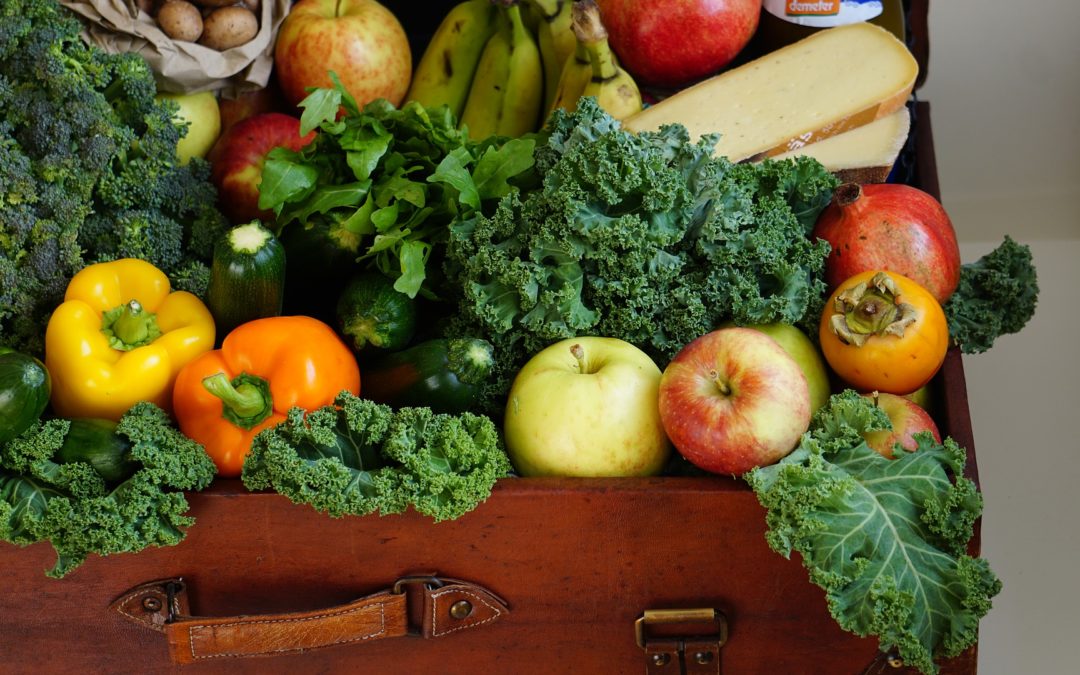
Take notice, an American psychiatrist, Dr Drew Ramsey (MD) has been one of the loudest spokespeople advocating for more attention to the link between our diet and our master mood regulator – the brain.
With epidemic levels of obesity and diabetes and increases in the incidence of conditions such as anxiety, depression and dementia more attention is being focused on our diet.
More research is emerging in the fields of neuroscience and nutrition showing our modern diet of processed foods and factory farming is contributing to increased levels of depression, anxiety, mood swings and hyperactivity.
So what should we do? Forget the fad diets as they are all too hard to stick to in practice. I recommend taking a closer look at Dr. Drew’s simple but common sense approach on how to eat to stay mentally and physically healthy in a society that encourages overeating and fast food options.
He suggests a list of 5 short dietary rules to follow which aim to improve brain health and which I now discuss on a regular basis with many of my clients as an important aspect to improving overall well-being and mental health.
1.Skip the processed foods and focus on eating the whole foods such as seafood (vitamin B-12, omega-3 fats), leafy greens and lentils (folates and magnesium), whole grains and nuts (certain forms of vitamin E that protect brain fat) and tomatoes and sweet potatoes (top sources of lycopene and other carotenoids)
2.Go organic or grow your own as many insecticides and pesticides are neurotoxins so check out farmers markets and online shopping options that are offering this option.
3.Don’t fear fats such as those found in omega-3 fats DHA and EPA which are found in whole foods like fish, seafood, dairy products, pasture raised eggs and grass fed meat which are great for your brain. These two fats help protect your brain against mood disorders while low levels of DHA have been associated with increased risk of suicide.
4.Mind your meat along with other animal products such as seafood, eggs and dairy. Not all meat is created equal so go for “grass-fed” or “pasture-raised” beef and chicken. The right meat is a protein-rich source of omega-3 fats DHA and EPA.
5.Make friends with farmers and support the small producers who offer their produce locally at farmers markets and encourage diversity and not just throwing away imperfect produce.
At Attuned Psychology, we understand the importance of considering your dietary habits and your relationship to food, always considering how your choices may affect your mental health and wellbeing. Our psychologists are available to help you address whatever barriers you may be facing to achieve the change you desire in your eating habits and mood, always taking into account your values and working collaboratively with other medical professionals or your dietician, if relevant, to ensure safe and realistic, practical changes that are sustainable.
Subscribe to our newsletter Attuned Life
Would you be interested in receiving our occasional newsletter, event information and other useful tips via e-mail?

